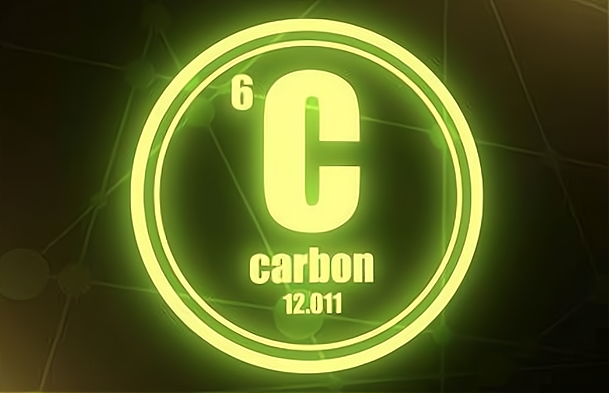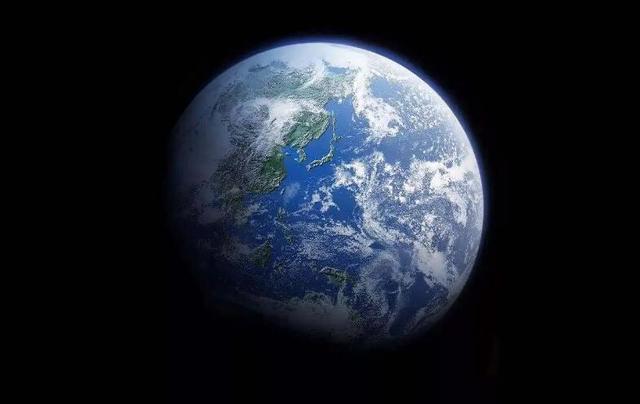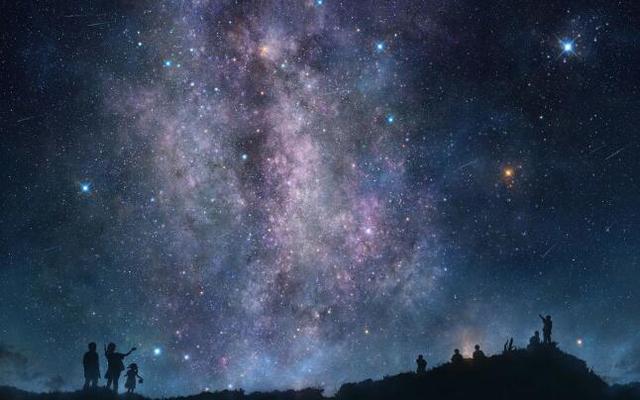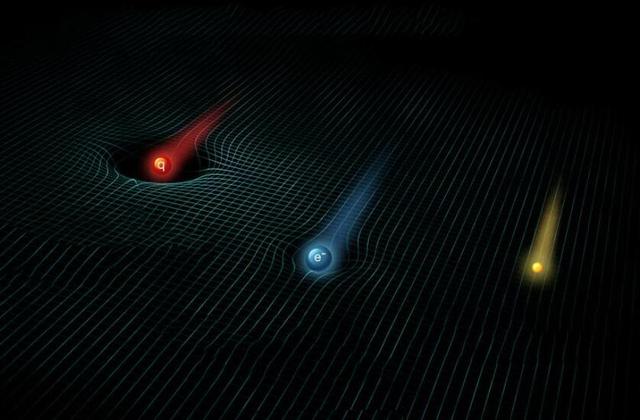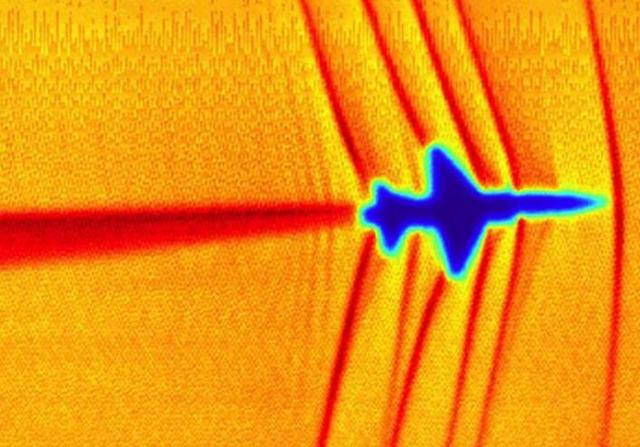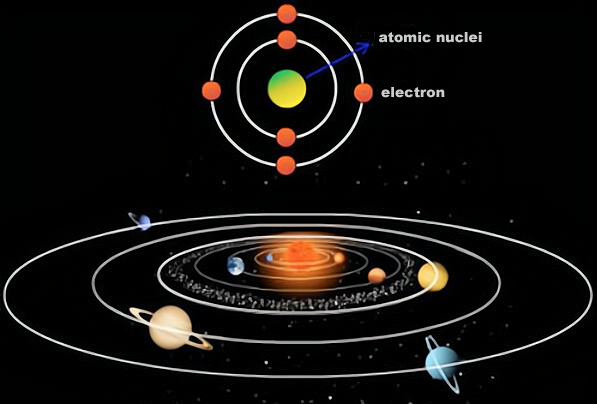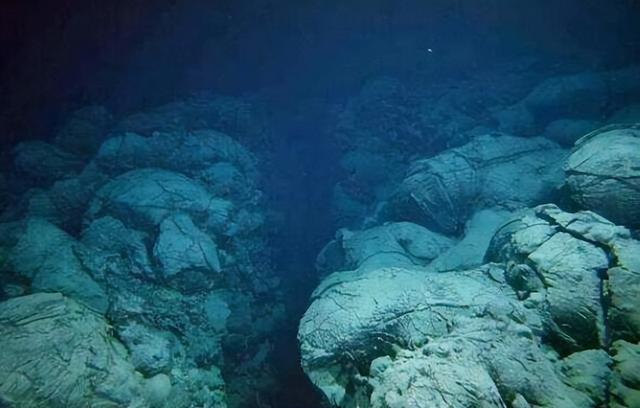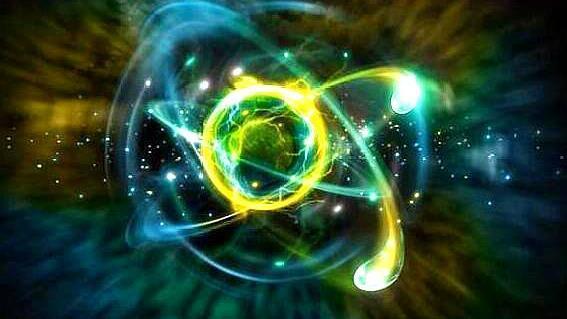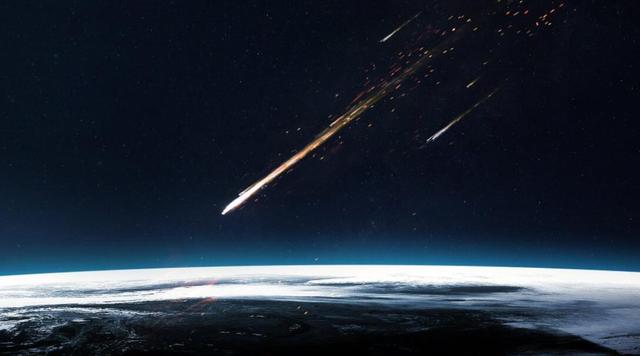Theoretically, life can take many different forms, such as silicon-based life, sulphur-based life, carbon-based life, amino-life, hydrogen-based life, etc. However, so far we only know that life exists on earth, and all known life, including us humans, is carbon-based.
Scientists have found that all known life on earth has the same basic biochemical organisation as well as genetic code and forms the same amino acids with the same codons and maintains the same protein functions with the same amino acids.
This means that it is likely that all known life on earth shared a common ancestor, and this is a key assumption of modern evolutionary theory, which scientists have even given a name to - "Luca".
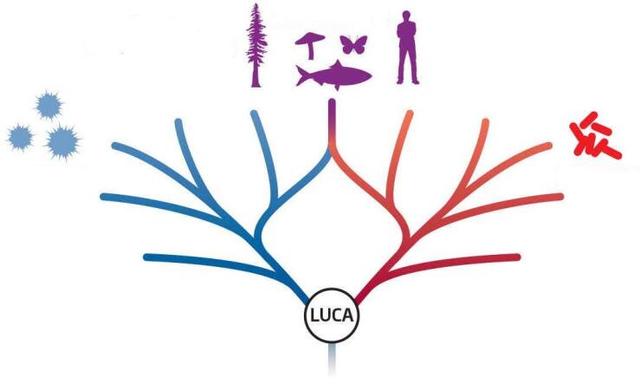
Scientists theorise that all life on earth has evolved little by little over a long period of time from the descendants of 'luca', and that the evolution of life is still continuing today. The question then becomes, is there an end to the evolution of carbon-based life? And if so, what is the end of the evolution of carbon-based life? How far away are humans from this endpoint?
The evolution of carbon-based life is mainly the result of 'mutation', which allows the genes of individuals to change slightly over generations, and 'natural selection', which determines which genes can be passed on. It follows that mutations are the driving force of evolution, and without them, evolution would not be possible for carbon-based life.
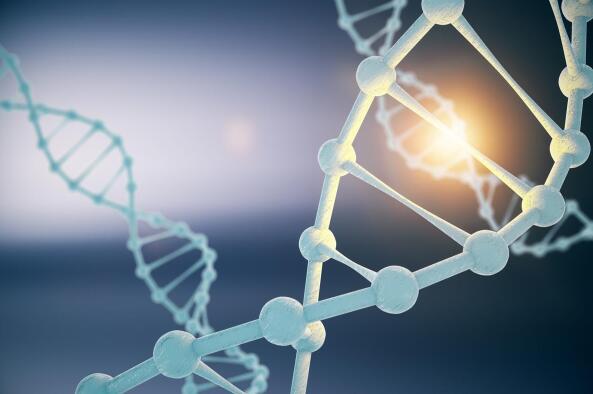
Therefore, it can be said that if carbon-based life can evolve to the point where genetic mutations do not occur, it is considered to have reached the end of evolution.
Mutations are essentially errors in the reproduction of individual genes, which are inevitable in natural circumstances as long as life continues, or, to put it another way, extinction is the end of the evolution of carbon-based life.
In other words, for a particular type of carbon-based life, if they reach a 'dead end' in their evolution and no longer pass the test of natural selection, they have reached the end of their evolution.
In addition to this, the universe is not very friendly to our carbon-based life, and we are constantly exposed to cosmic dangers such as celestial impacts, gamma-ray bursts, etc. The earth itself is not entirely safe, either from super-volcanic eruptions or changes in the natural environment on earth that could cause the extinction of carbon-based life.
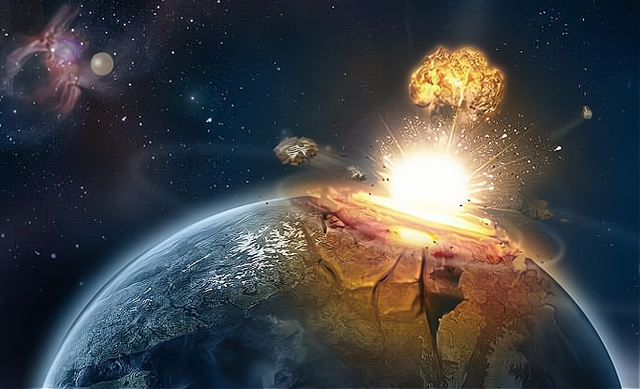
In fact, biological extinctions are relatively common on earth, and we know of at least five mass extinctions on earth alone, with studies showing that at least 98% of the multicellular organisms that have ever existed on earth have gone extinct.
But humans have a higher intelligence unique to the planet, and if we are lucky enough to develop powerful enough technology before those massive natural disasters, then extinction will not be the end of human evolution.
When human technology has advanced to the point where it can fully decode the genetic code of carbon-based life, it will be able to dominate its own evolution by constantly optimising its own genes through gene editing techniques and removing any mutations that are detrimental to it at any time. It is clear that there is a direction to this evolution, and the end result is that humans will evolve into perfect carbon-based life.
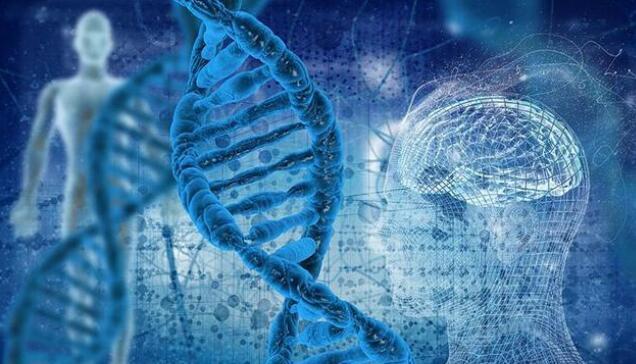
It is conceivable that humans will then be smarter, stronger, more capable of adapting to their environment, and possibly even immortalised, which would mean that humans have reached the end of the evolution of carbon-based life.
So how far away are we from this endpoint? As things stand now, scientists have largely sequenced the human dna code, which is a good start.
However, the dna coding sequence is only the lowest level of genetic information, it's really just a bunch of "A, c, g, t", and to completely understand the function of these codes is like getting the binary code of a large computer software (i.e. A bunch of "0 " And "1") of a large piece of computer software, but we need to deduce the entire software's operation mechanism through these binary codes in reverse, which is difficult to imagine.
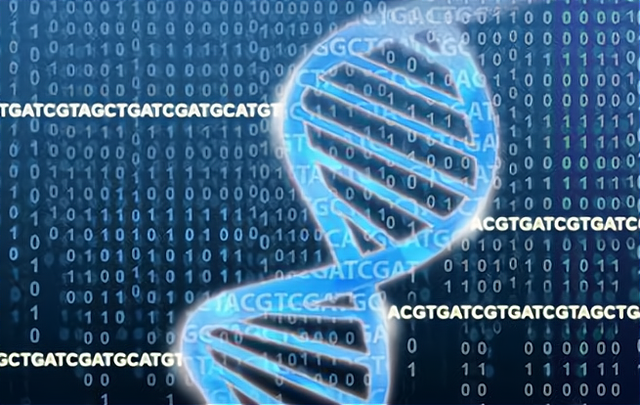
And after thoroughly figuring out the exact function of the human dna coding sequence, humans would need to further understand the genetic code of all carbon-based life, after which they would also need to have to master how to precisely regulate the process of life through gene editing, which would also be quite difficult.
But the genetic code of carbon-based life exists objectively, and given enough time, humans will sooner or later learn all the secrets of it. Judging from the progress of research in related fields, it is estimated that humans are still thousands of years away from this end point at most, and if all goes well, within a hundred years, humans can start to try to dominate their own evolution, so let's look forward to it together.

